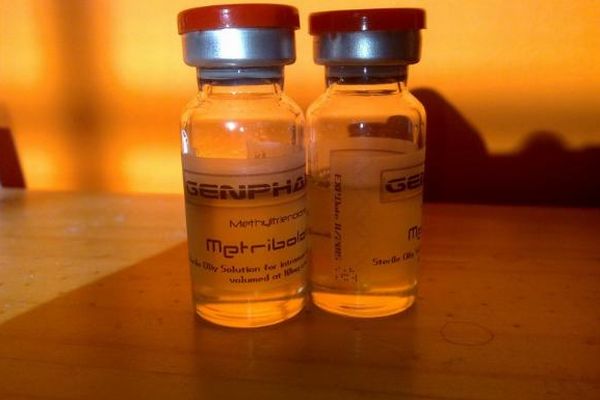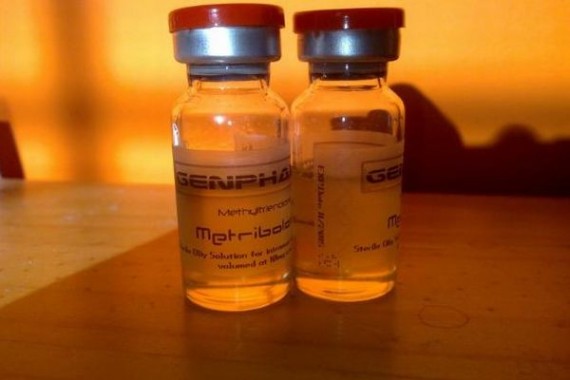
Eleven members of the Greek Olympic Weightlifting Team tested positive for three banned substances. These have been identified as methyltrienolone (an anabolic steroid), buprenorphine (an opioid antagonist), and an anti-estrogen compound. There has been some speculation as to why, if the Greek athletes intentionally doped, would they use an opioid drug commonly used to overcome heroin and oxycodone addiction?
The managing editor of HellenicAthletes.com suspects that buprenorphine was used to counteract the highly addictive effects of the anabolic steroid methyltrienolone.
The second substance is reported to be an opiate, used to purge the body of the drug-addiction tendencies of methyltrienolone.
Professor Demetrios Kouretas of the University of Thessaly believes buprenorphine was used to counteract the extreme aggressiveness caused by methyltrienolone.
The biochemistry professor suggests that the combination of substances was designed to “improve the athlete’s psychological disposition because the anabolic steroid triggers extreme aggressiveness”.
Such speculation perpetuates the misinformation about the alleged psychological dangers of anabolic-androgenic steroids. For a dispassionate scientific review of the relationship between aggression and anabolic steroids, please refer to articles written by addiction expert Jack Darkes, Associate Director for the Alcohol & Substance Use Research Institute at the University of South Florida.

About the author
Millard writes about anabolic steroids and performance enhancing drugs and their use and impact in sport and society. He discusses the medical and non-medical uses of anabolic-androgenic steroids while advocating a harm reduction approach to steroid education.

Leave a Reply
You must be logged in to post a comment.